I’m reading a non-fiction advice book written by multiple authors, and many sentences include first-person plural words like “we” or “us.”
At times, I identify with what the authors are saying, and feel like I’m part of that “us.” At others, I feel like it is just their opinion, and the “we” who is saying whatever they’re saying comes from the authors and no one else. At still other times, I find myself questioning whether I’m meant to be included in the grouping of “we.” I also find myself putting myself into others’ shoes – the friend who recommended the book to me, for example – and wondering if they would feel part of the “us” community the authors suggest.
This could all be solved with inclusive and exclusive we. Many languages around the world have two distinct words for we. Inclusive we refers to the speaker (me) and the listener (you), and possibly some other third party (them). Exclusive we refers to the speaker (me) and some other third party (them) but definitely not the listener (you).
In a semi famous linguists’ urban legend, one missionary speaking a language that included a clusivity distinction said “We (exclusive) will be saved by such and such deity.” The listeners, understandably, did not seem excited to convert to the religion.
Although clusivity can help clarify a situation (or make for a laughable faux pas), I also wonder if the vagueness of English “we” is a benefit. The reader of this advice book is free to choose whether or not they self-identify with the authors. If the we is interpreted as exclusive, the reader can dismiss the authors’ advice as “just their opinion.” If the we is interpreted as inclusive, the reader can feel validated and feel like they are part of a community.
Have you ever been in a situation where clusivity would help (or make things worse)?

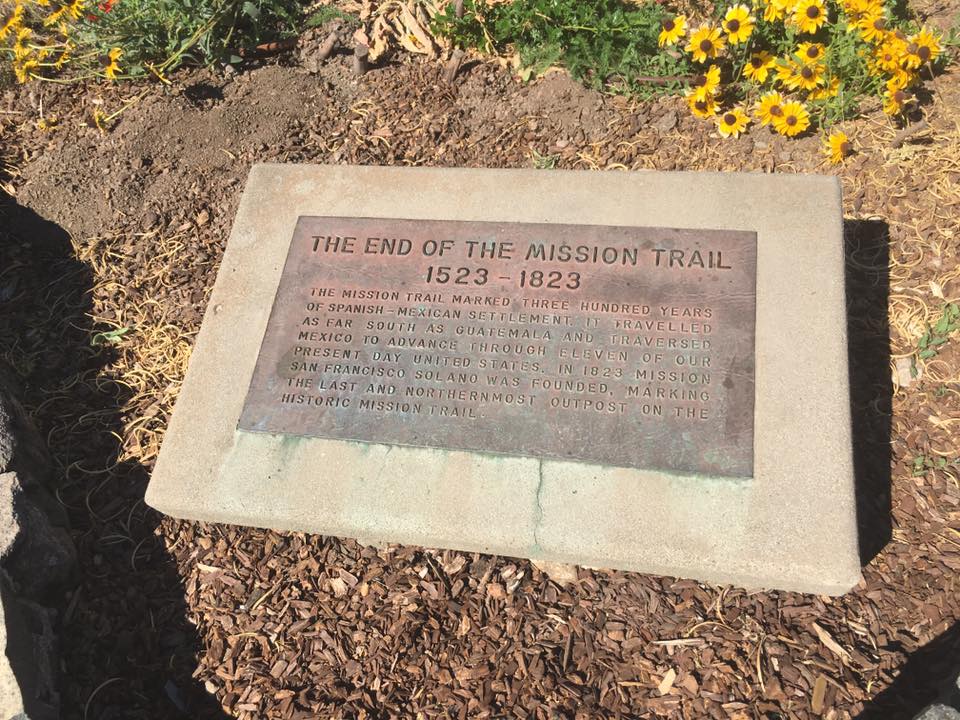
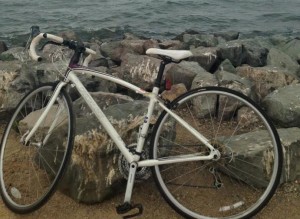
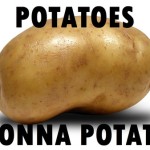
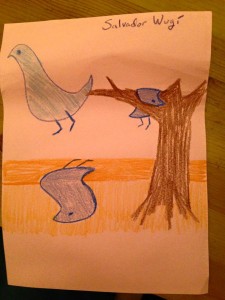
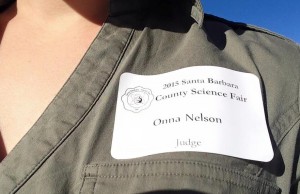 oday I volunteered as a judge for the Junior Division of Social, Behavioral, and Cognitive Sciences at the
oday I volunteered as a judge for the Junior Division of Social, Behavioral, and Cognitive Sciences at the